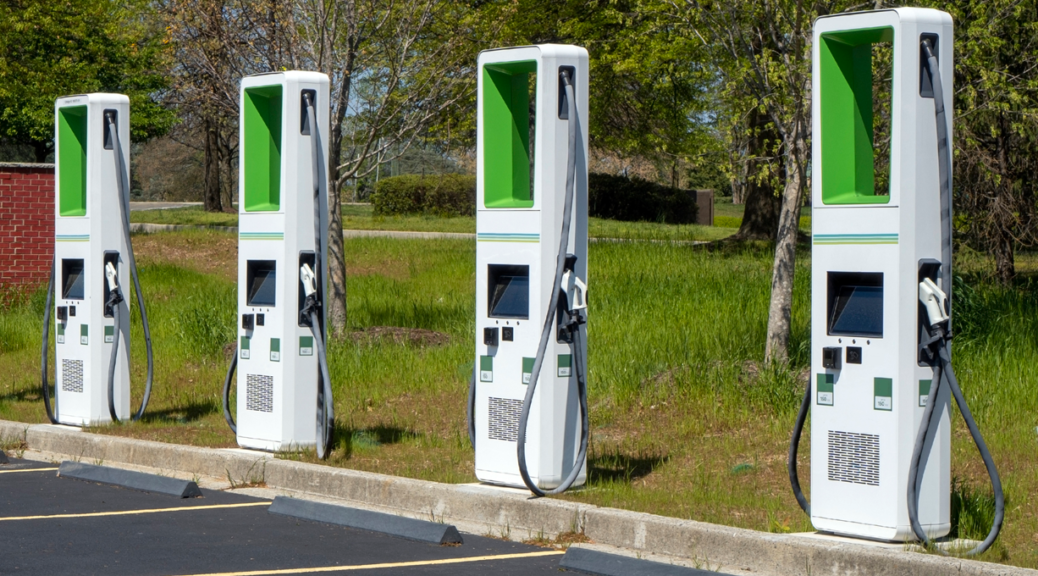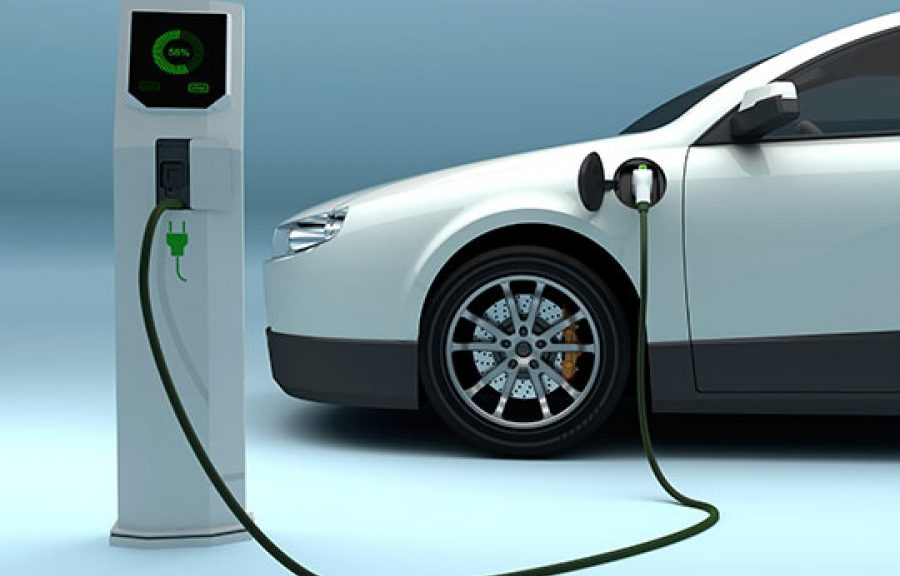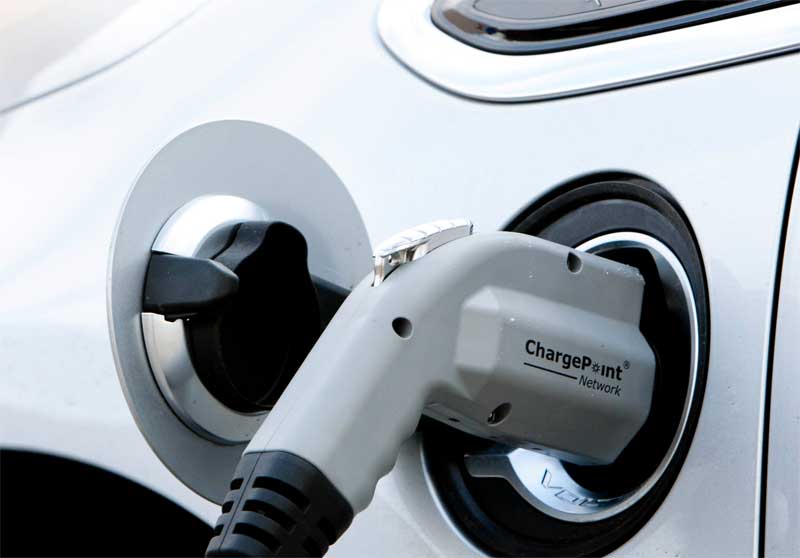Note – This Section will not become operative until January 1, 2016. For more information, See AB 1236.
(a) The Legislature finds and declares all of the following:
(1) The implementation of consistent statewide standards to achieve the timely and cost-effective installation of electric vehicle charging stations is not a municipal affair, as that term is used in Section 5 of Article XI of the California Constitution, but is instead a matter of statewide concern.
(2) It is the intent of the Legislature that local agencies not adopt ordinances that create unreasonable barriers to the installation of electric vehicle charging stations and not unreasonably restrict the ability of homeowners and agricultural and business concerns to install electric vehicle charging stations.
(3) It is the policy of the state to promote and encourage the use of electric vehicle charging stations and to limit obstacles to their use.
(4) It is the intent of the Legislature that local agencies comply not only with the language of this section, but also the legislative intent to encourage the installation of electric vehicle charging stations by removing obstacles to, and minimizing costs of, permitting for charging stations so long as the action does not supersede the building official’s authority to identify and address higher priority life-safety situations.
(b) A city, county, or city and county shall administratively approve an application to install electric vehicle charging stations through the issuance of a building permit or similar nondiscretionary permit. Review of the application to install an electric vehicle charging station shall be limited to the building official’s review of whether it meets all health and safety requirements of local, state, and federal law. The requirements of local law shall be limited to those standards and regulations necessary to ensure that the electric vehicle charging station will not have a specific, adverse impact upon the public health or safety. However, if the building official of the city, county, or city and county makes a finding, based on substantial evidence, that the electric vehicle charging station could have a specific, adverse impact upon the public health or safety, the city, county, or city and county may require the applicant to apply for a use permit.
(c) A city, county, or city and county may not deny an application for a use permit to install an electric vehicle charging station unless it makes written findings based upon substantial evidence in the record that the proposed installation would have a specific, adverse impact upon the public health or safety, and there is no feasible method to satisfactorily mitigate or avoid the specific, adverse impact. The findings shall include the basis for the rejection of potential feasible alternatives of preventing the adverse impact.
(d) The decision of the building official pursuant to subdivisions (b) and (c) may be appealed to the planning commission of the city, county, or city and county.
(e) Any conditions imposed on an application to install an electric vehicle charging station shall be designed to mitigate the specific, adverse impact upon the public health or safety at the lowest cost possible.
(f)
(1) An electric vehicle charging station shall meet applicable health and safety standards and requirements imposed by state and local permitting authorities.
(2) An electric vehicle charging station shall meet all applicable safety and performance standards established by the California Electrical Code, the Society of Automotive Engineers, the National Electrical Manufacturers Association, and accredited testing laboratories such as Underwriters Laboratories and, where applicable, rules of the Public Utilities Commission regarding safety and reliability.
(g)
(1) On or before September 30, 2016, every city, county, or city and county with a population of 200,000 or more residents, and, on or before September 30, 2017, every city, county, or city and county with a population of less than 200,000 residents, shall, in consultation with the local fire department or district and the utility director, if the city, county, or city and county operates a utility, adopt an ordinance, consistent with the goals and intent of this section, that creates an expedited, streamlined permitting process for electric vehicle charging stations. In developing an expedited permitting process, the city, county, or city and county shall adopt a checklist of all requirements with which electric vehicle charging stations shall comply to be eligible for expedited review. An application that satisfies the information requirements in the checklist, as determined by the city, county, or city and county, shall be deemed complete. Upon confirmation by the city, county, or city and county of the application and supporting documents being complete and meeting the requirements of the checklist, and consistent with the ordinance, a city, county, or city and county shall, consistent with subdivision (b), approve the application and issue all required permits or authorizations. However, the city, county, or city and county may establish a process to prioritize competing applications for expedited permits. Upon receipt of an incomplete application, a city, county, or city and county shall issue a written correction notice detailing all deficiencies in the application and any additional information required to be eligible for expedited permit issuance. An application submitted to a city, county, or city and county that owns and operates an electric utility shall demonstrate compliance with the utility’s interconnection policies prior to approval.
(2) The checklist and required permitting documentation shall be published on a publicly accessible Internet Web site, if the city, county, or city and county has an Internet Web site, and the city, county, or city and county shall allow for electronic submittal of a permit application and associated documentation, and shall authorize the electronic signature on all forms, applications, and other documentation in lieu of a wet signature by an applicant. In developing the ordinance, the city, county, or city and county may refer to the recommendations contained in the most current version of the “Plug-In Electric Vehicle Infrastructure Permitting Checklist” of the “Zero-Emission Vehicles in California: Community Readiness Guidebook” published by the Office of Planning and Research. A city, county, or city and county may adopt an ordinance that modifies the checklists and standards found in the guidebook due to unique climactic, geological, seismological, or topographical conditions. If a city, county, or city and county determines that it is unable to authorize the acceptance of an electronic signature on all forms, applications, and other documents in lieu of a wet signature by an applicant, the city, county, or city and county shall state, in the ordinance required under this subdivision, the reasons for its inability to accept electronic signatures and acceptance of an electronic signature shall not be required.
(h) A city, county, or city and county shall not condition approval for any electric vehicle charging station permit on the approval of an electric vehicle charging station by an association, as that term is defined in Section 4080 of the Civil Code.
(i) The following definitions shall apply to this section:
(1) “A feasible method to satisfactorily mitigate or avoid the specific, adverse impact” includes, but is not limited to, any cost-effective method, condition, or mitigation imposed by a city, county, or city and county on another similarly situated application in a prior successful application for a permit.
(2) “Electronic submittal” means the utilization of one or more of the following:
(A) Email.
(B) The Internet.
(C) Facsimile.
(3) “Electric vehicle charging station” or “charging station” means any level of electric vehicle supply equipment station that is designed and built in compliance with Article 625 of the California Electrical Code, as it reads on the effective date of this section, and delivers electricity from a source outside an electric vehicle into a plug-in electric vehicle.
(4) “Specific, adverse impact” means a significant, quantifiable, direct, and unavoidable impact, based on objective, identified, and written public health or safety standards, policies, or conditions as they existed on the date the application was deemed complete.




